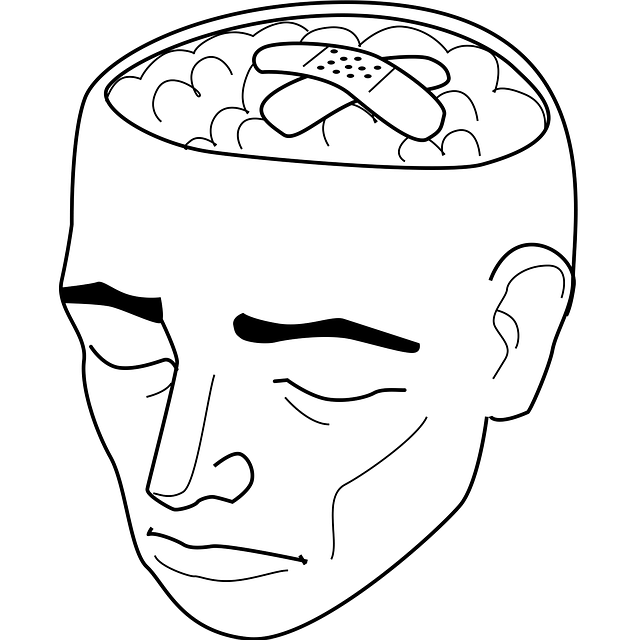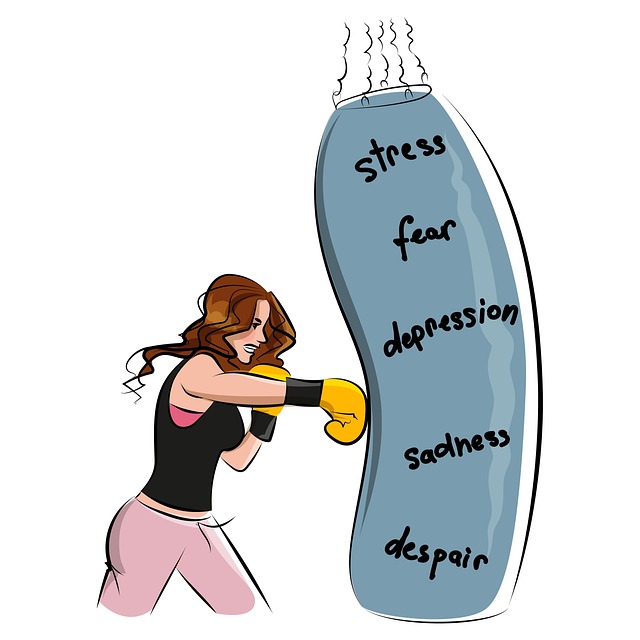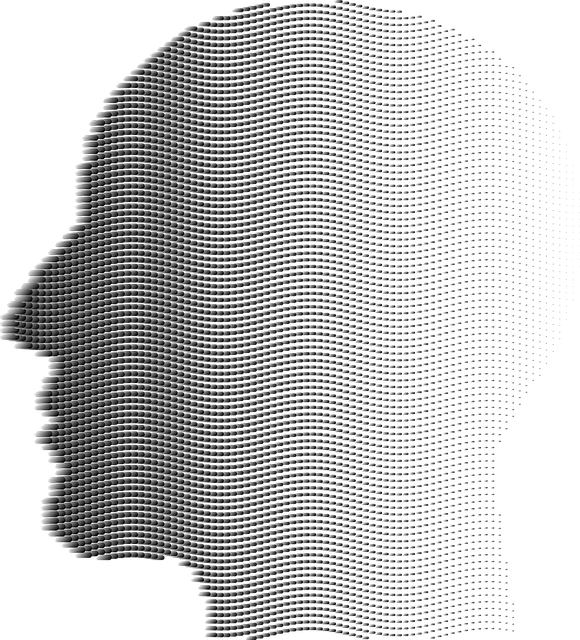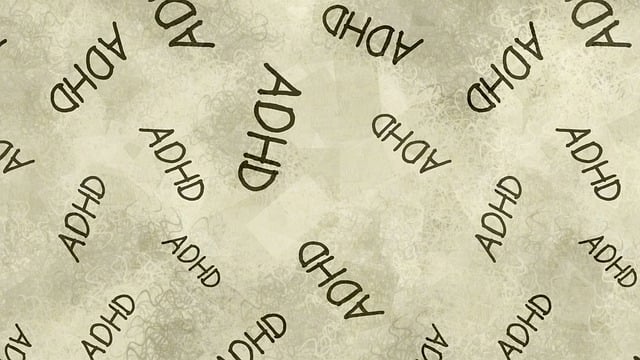Mental wellness coaching for superior dissociative disorder (SDD) is a holistic, evidence-based approach using tailored strategies like emotional regulation and social skills training. Coaches create safe, supportive environments to enhance self-awareness, manage stress, and promote positive self-image, empowering individuals to lead fulfilling lives. Structured programs include crisis intervention, cultural sensitivity, and depression prevention, with ongoing evaluation for optimal SDD therapy outcomes.
- Understanding Mental Wellness Coaching and Its Impact on Dissociative Disorders
- Designing Effective Programs: Key Components for Superior Therapy
- Implementing and Evaluating: Strategies for Successful Dissociative Disorder Therapy Coaching
Understanding Mental Wellness Coaching and Its Impact on Dissociative Disorders

Mental wellness coaching programs have emerged as a transformative approach to addressing dissociative disorders. These specialized interventions focus on empowering individuals to develop healthier coping mechanisms and improve their overall mental wellness. By combining various therapeutic techniques, such as emotional regulation strategies and social skills training, coaches create a supportive environment that fosters growth and healing.
For those suffering from superior dissociative disorder, where an individual experiences severe detachment from themselves or their surroundings, coaching can be a game-changer. Through tailored sessions, coaches help clients navigate the complexities of their condition by enhancing emotional awareness, teaching effective stress management, and promoting positive self-image. This holistic approach not only aids in managing symptoms but also empowers individuals to lead fulfilling lives, improving their overall quality of mental wellness.
Designing Effective Programs: Key Components for Superior Therapy

Designing effective mental wellness coaching programs requires a structured approach that incorporates key components for superior therapy. One such critical aspect is addressing specific disorders with tailored strategies, especially in the case of Dissociative Disorder Therapy. This involves understanding the unique needs and challenges faced by individuals dealing with conditions like dissociative identity disorder (DID). By integrating evidence-based techniques, coaches can facilitate a safe space for clients to explore their inner experiences, promote self-awareness exercises, and encourage positive thinking shifts.
Additionally, burnout prevention plays a vital role in comprehensive coaching programs. Coaches should equip clients with tools to manage stress, enhance resilience, and cultivate a healthy work-life balance. Self-Awareness Exercises are essential here, enabling individuals to recognize their triggers, emotional patterns, and coping mechanisms. Through these exercises, coaches can guide clients towards personal growth, improved mental flexibility, and enhanced overall well-being.
Implementing and Evaluating: Strategies for Successful Dissociative Disorder Therapy Coaching

Implementing and evaluating strategies for dissociative disorder therapy coaching is paramount to delivering superior Dissociative Disorder Therapy (DDT). A structured approach, tailored to each client’s unique needs, ensures effectiveness. Starting with comprehensive assessments, mental wellness coaches can identify specific dissociation symptoms and underlying causes. This initial phase is crucial for crafting personalized coaching plans that address crisis intervention guidance and promote healthy coping mechanisms.
Cultural sensitivity in Mental Healthcare Practice plays a significant role in DDT. Coaches must be adept at navigating diverse cultural backgrounds, ensuring inclusive and non-judgmental environments. By incorporating cultural perspectives into therapy sessions, coaches can enhance client engagement and improve outcomes. Additionally, integrating depression prevention strategies within the coaching framework is essential, as dissociation often intersects with depressive disorders. Through ongoing evaluation, coaches can track progress, adjust techniques, and ultimately facilitate transformative journeys toward mental wellness.









